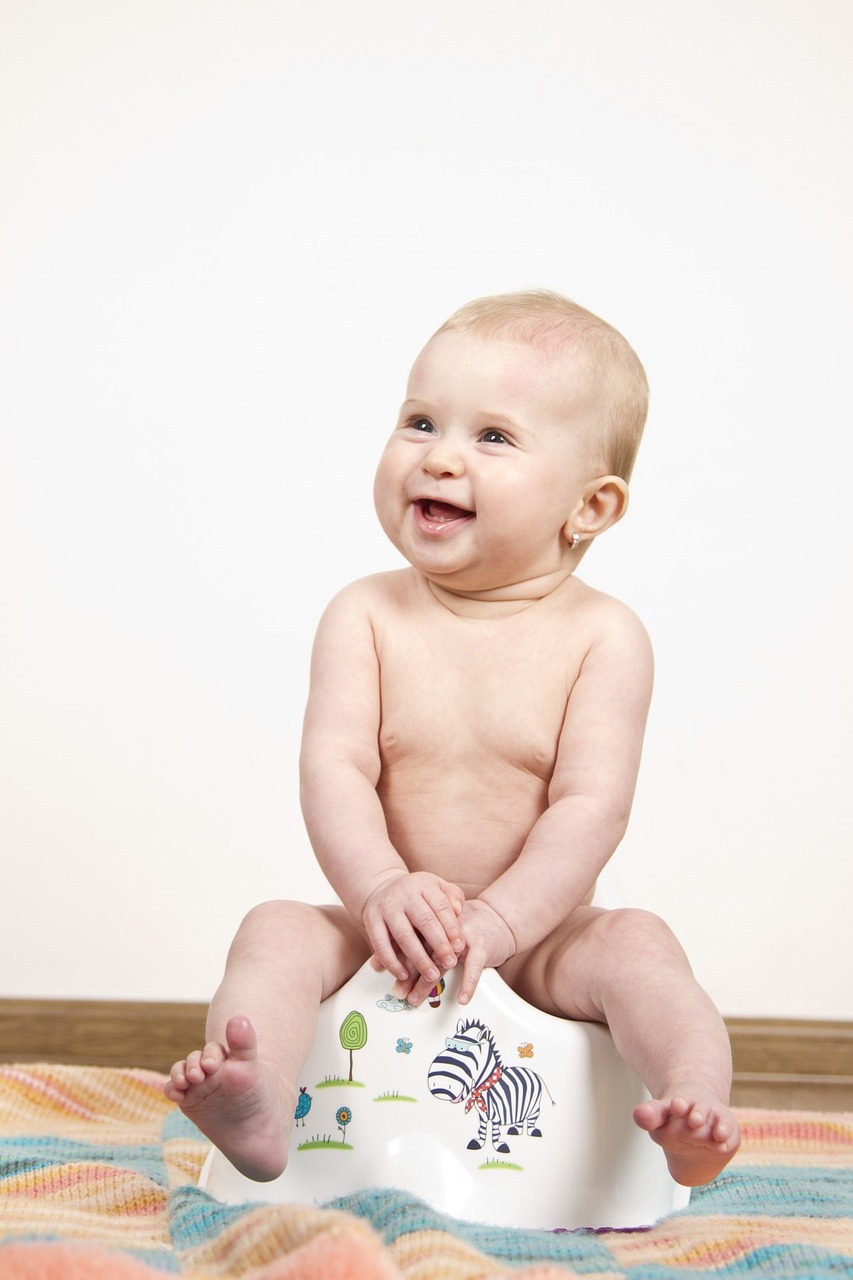Potty training is a significant milestone in a child’s life, symbolizing a step towards independence. However, for many parents, this transition can feel daunting. The internet is flooded with information, and everyone from your pediatrician to your neighbor seems to have their own set of recommendations. This article provides consolidated, tried-and-tested potty training advice to ease your journey and make this phase enjoyable for both you and your child.
1. Understanding the Right Time for Potty Training
Every child is unique, and there’s no universally ideal age to start potty training. However, most children show readiness between 18 to 24 months. Here’s what to look out for:
- They stay dry for longer periods.
- They express discomfort in soiled diapers.
- They show interest in the toilet or mimic adult bathroom habits.
2. Equip Yourself with the Right Tools
a. The Right Potty: Choose a potty that your child feels comfortable using. Some prefer standalone models with fun designs, while others opt for toilet seat reducers.
b. Training Pants: These can be beneficial for outings. They feel like underwear but offer the protection of a diaper.
3. Establishing a Routine: Core Potty Training Advice
Consistency is key.
a. Set Regular Times: Encourage your child to use the potty after meals or at specific times, like before bed.
b. Dress for Success: Choose clothing that’s easy to remove. This fosters independence and reduces potential frustrations.
4. The Power of Positive Reinforcement
Every small success in the potty training journey is monumental for your child.
a. Celebrate Little Wins: Whether it’s a sticker chart or a little dance, find ways to make using the potty a joyous event.
b. Avoid Negative Feedback: Accidents will happen. Instead of reprimanding, offer comfort and reassure them that it’s okay.
5. Night-time Potty Training Advice
Night-time training typically takes longer and requires patience.
a. Limit Fluids Before Bed: While it’s important to keep kids hydrated, try limiting fluid intake an hour or so before bedtime.
b. Nighttime Protection: Consider using training pants or waterproof mattress protectors during this phase.
6. Handling Setbacks Gracefully
Setbacks are an integral part of the potty training journey.
a. Stay Calm: Remember, every child has their pace. Sometimes they might regress due to changes or stress.
b. Seek Support: If setbacks continue or you have concerns, consider seeking advice from your pediatrician or a child psychologist.
7. Making the Process Fun: A Vital Piece of Potty Training Advice
a. Potty Training Books and Videos: There are numerous entertaining resources available that can make the potty training concept more engaging.
b. Involve Their Favorite Toy: Sometimes, having a toy “use” the potty first can encourage a child to try it out themselves.
8. The Importance of Hygiene
Along with potty training, it’s crucial to instill the importance of cleanliness.
a. Hand Washing: Teach your child the significance of washing their hands post potty use.
b. Keeping the Potty Clean: Make it a routine to clean the potty together, ensuring it’s ready for the next use.
In Conclusion
Armed with the right potty training advice, this developmental milestone doesn’t have to be a challenging one. With patience, consistency, and a lot of love, your child will successfully navigate this phase. Remember, every child is different, and what works for one might not work for another. Stay tuned to your child’s cues, celebrate their progress, and most importantly, enjoy the journey of watching them grow.
https://nanniesandkidsunited.com/potty-training/


